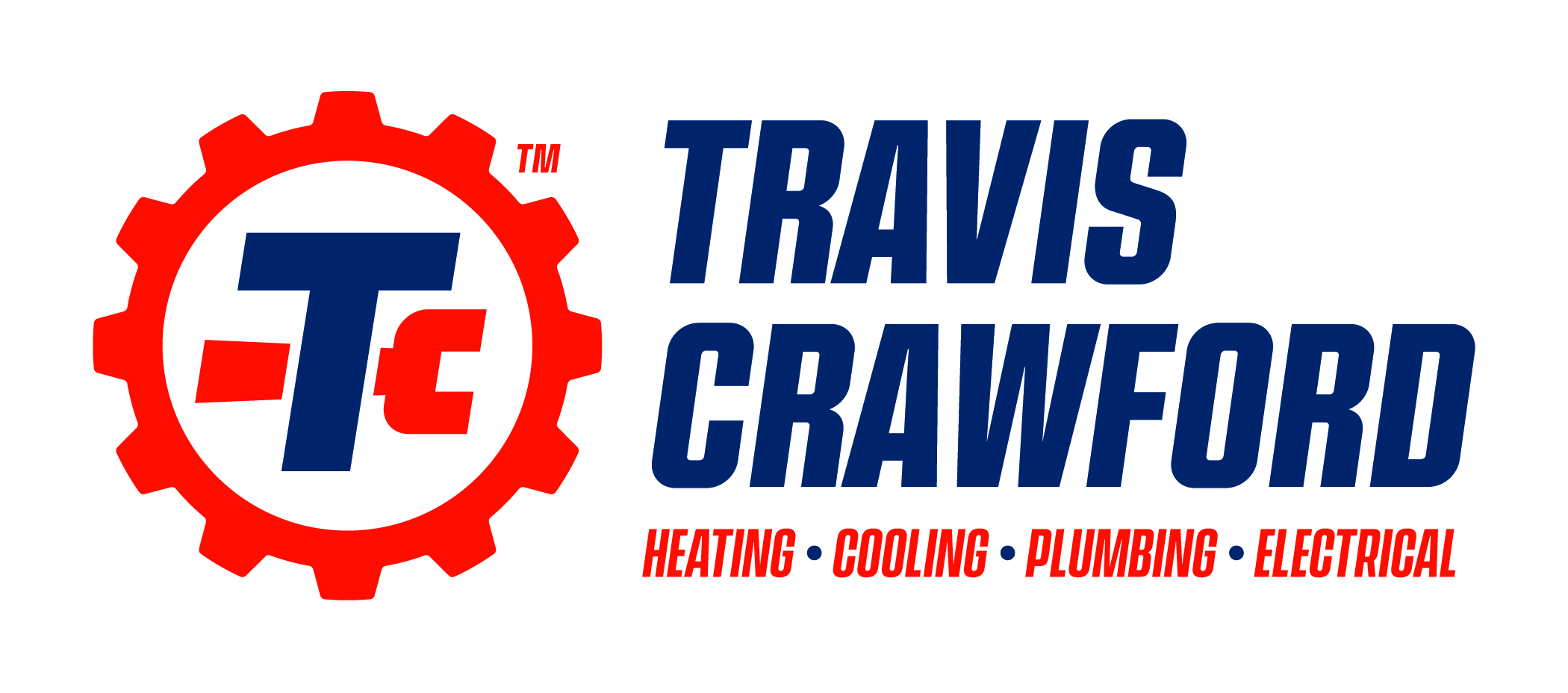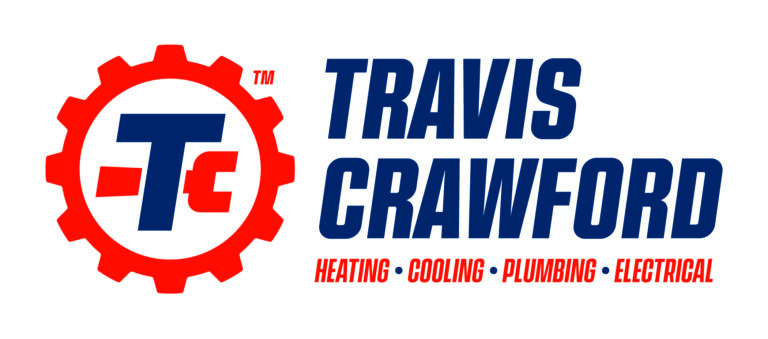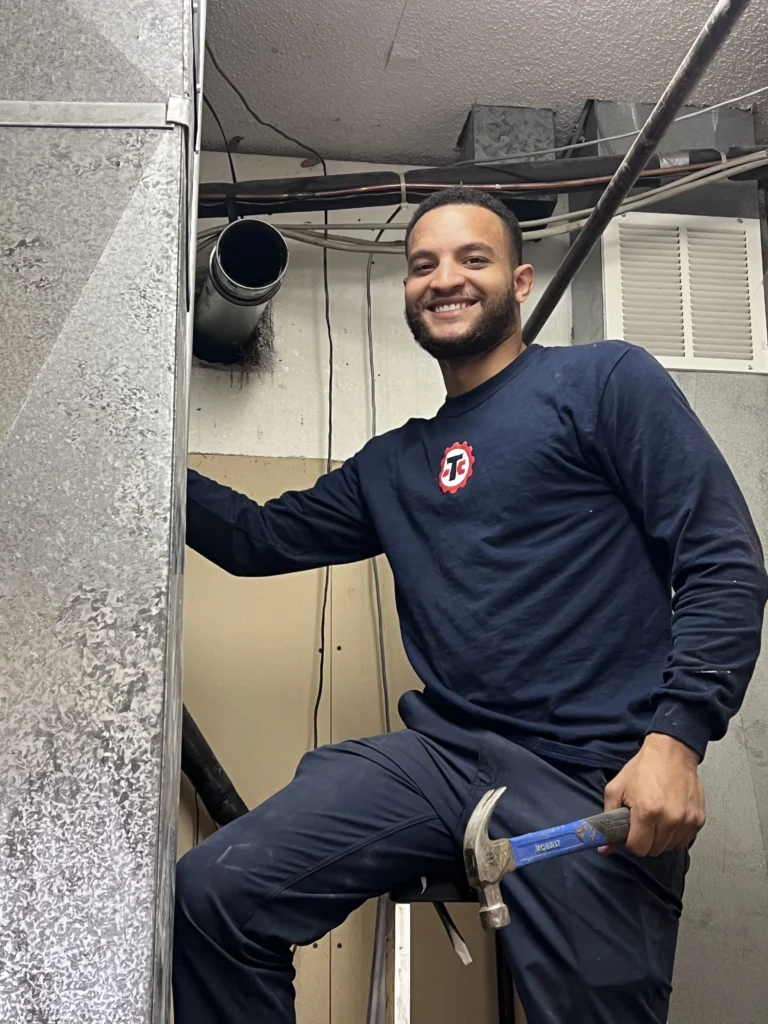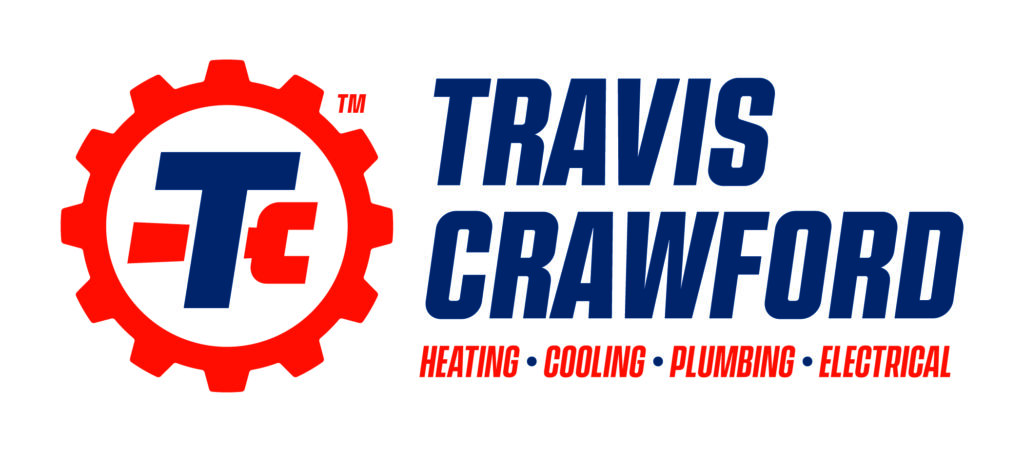From heating in the winter to air-conditioning in the summer, HVAC systems run out of sight, out of mind. Here in Charlotte, where the weather often changes on a dime, HVAC maintenance is crucial to comfortable living.
As long as HVAC systems work properly, we don’t even notice them. But HVAC system breakdowns do happen, and at the worst times. For example, during a record cold snap or a heatwave, two weather extremes that push HVAC systems to their limits.
Fortunately, modern HVAC systems can run worry-free for fifteen years or longer. A big reason for this is the major HVAC brands are required by law to run at specific minimum energy efficiency rates. The benefits of HVAC maintenance come only from following manufacturer’s recommendations to the letter.
The best way to prevent unwelcome repairs is to have an annual HVAC maintenance plan in place. But remember! HVAC annual service plans specific to your brand is the best way to prevent breakdowns.
Want to learn more about the Benefits of HVAC regular maintenance?
We’ve put together a top 4 list on ways annual HVAC maintenance plans save you money.
Lower energy bills
HVAC yearly maintenance puts you in control. Expensive system breakdowns and costly repairs won’t catch you off-guard. With regular AC maintenance, your summertime cooling bills will be lower. Overall, your HVAC system could actually pay for itself over its lifespan.
Fewer Repairs
Although regular maintenance helps reduce energy costs, an heating & air conditioning annual service schedule means fewer repairs and part replacements over its lifespan. Worry-Free operation from lma
Longer HVAC System Life
HVAC systems can be complex because they sometimes involve heat pumps and AC equipment. Because the brands we service require certified technicians, most warranties stay valid for fifteen-plus years. Beware! Sometimes, even the smallest repairs that you can do yourself can void a warranty. When you sign up for one of our HVAC maintenance plans, you catch small repairs before they become big ones.
Minor Repairs Prevent Bigger Problems
Our HVAC technicians know how your system should work. If any changes happened during the previous year, they’ll know beforehand. HVAC preventative maintenance keeps your system running smooth like it should, regular maintenance can also extend the life of your HVAC system.
Expert HVAC Certified Technicians
What do you get when you choose one of the HVAC brands we service? Our HVAC technicians must be certified to know what to look for and what maintenance techniques work best for your HVAC brands. We deliver:
- Peace of mind
- Significant monthly energy savings
- HVAC lifespan of 15 to 20 years or longer
FAQs
How much is HVAC maintenance?
We have cost-effective 1-year, 2-year, 5-year, and 10-year protection plans. Benefits include a 15% discount on replacement parts not covered by your warranty. You’ll also have priority service. Enjoy bigger HVAC maintenance savings that could pay for itself.
What are the biggest issues that pop up when HVAC maintenance is ignored?
One of the most common problems is declining efficiency. If ignored, your HVAC system will work harder to provide the same cooling performance. Over time, decreasing performance leads to costly repairs.
What is HVAC maintenance?
HVAC maintenance is the inspection, tune-up and replacement of system components before they become bigger problems. There are four different types of maintenances for your HVAC system.
- Corrective Maintenance
- Preventive Maintenance
- Risk-based Maintenance
- Predictive Maintenance
What does HVAC maintenance typically include?
Maintenance includes cleaning leaves and debris from the compressor and fan assembly. HVAC maintenance also includes topping off the refrigerant and furnace inspection. We’ll test your system output and make adjustments accordingly.
Why is annual maintenance important?
Annual maintenance keeps HVAC systems at peak performance. These systems are complex, with several moving parts contained inside things like heat pumps, condensers, and furnaces. All parts must work with each other. One bad part can make other parts not work properly.




